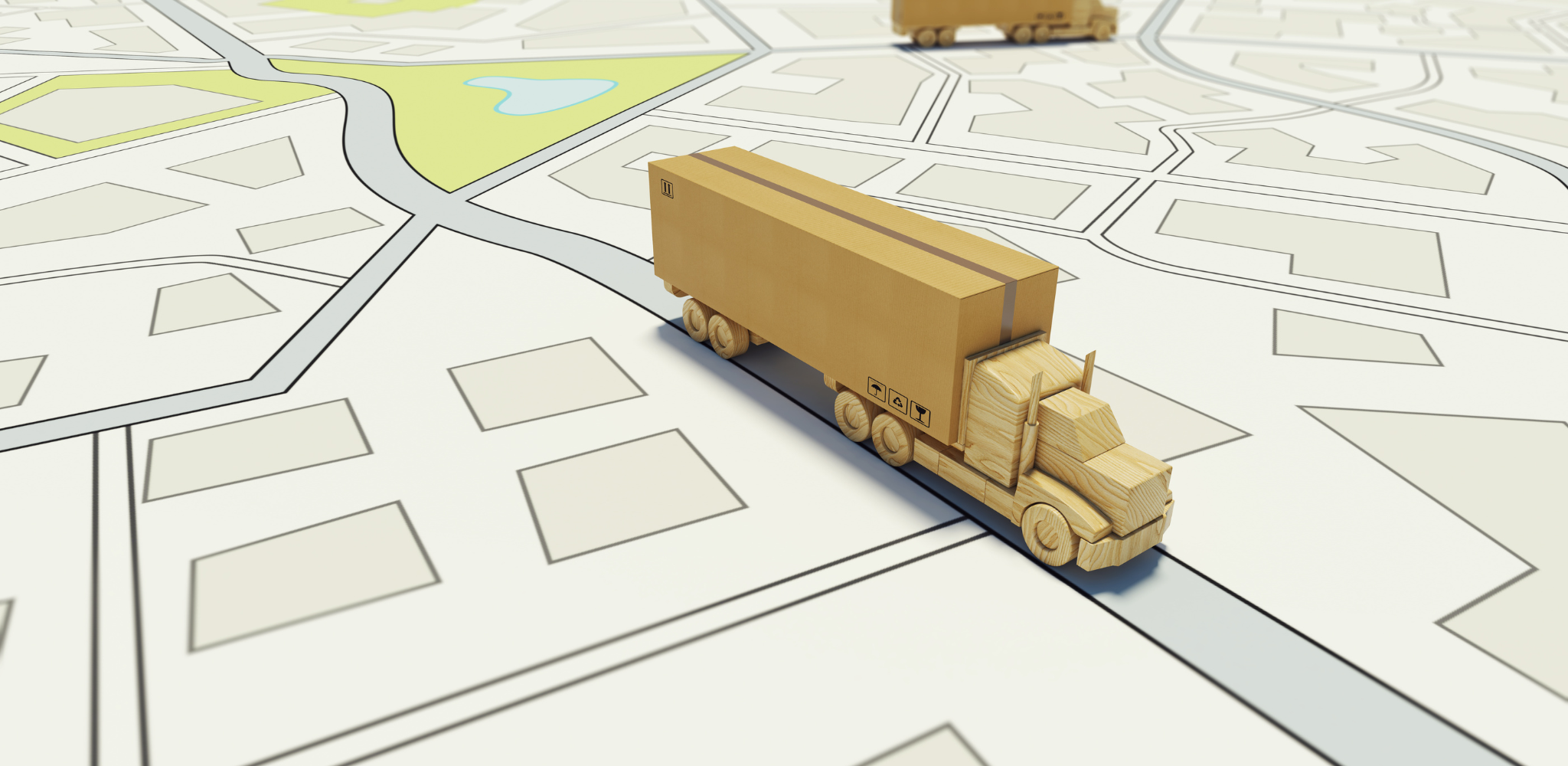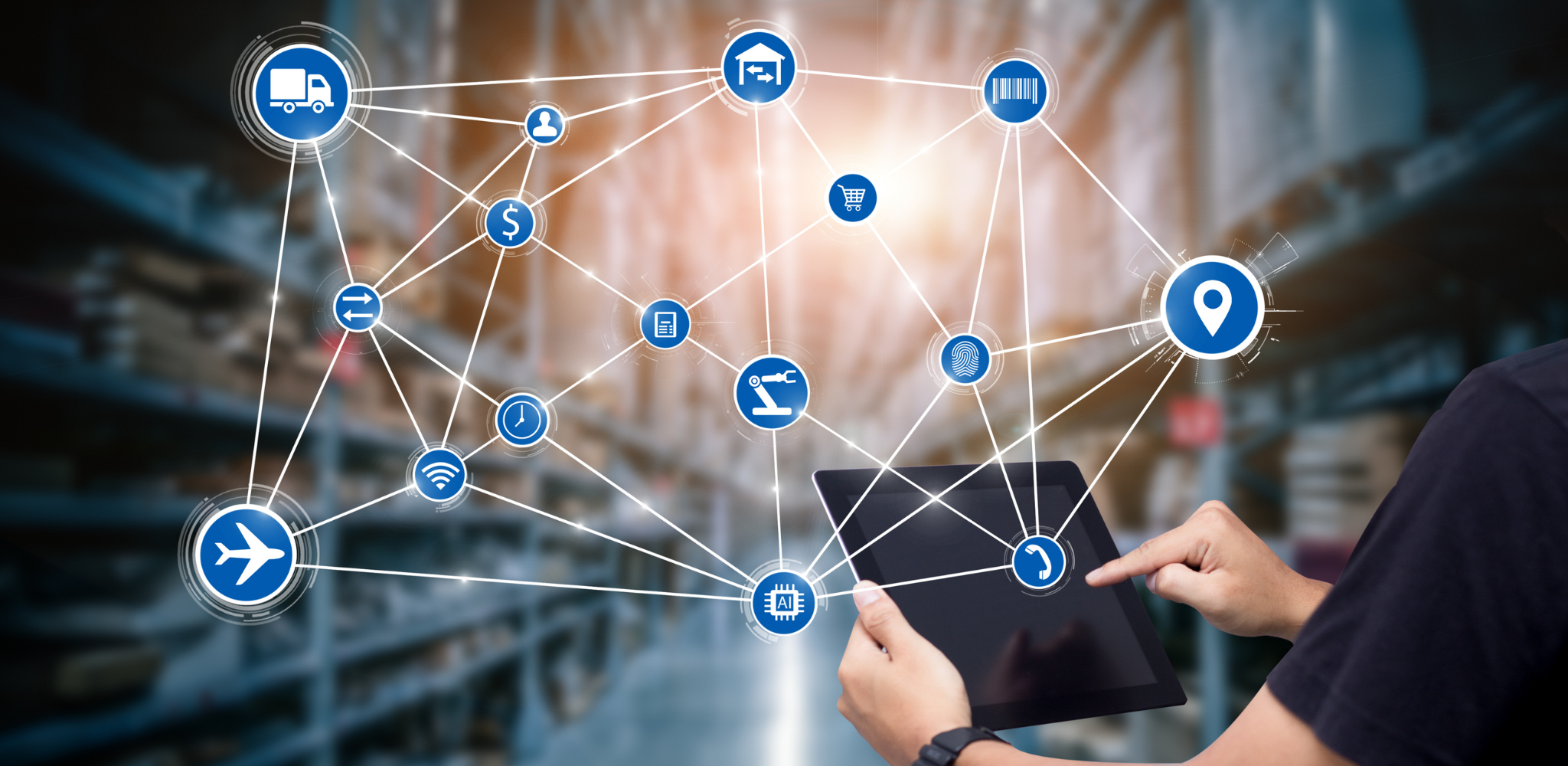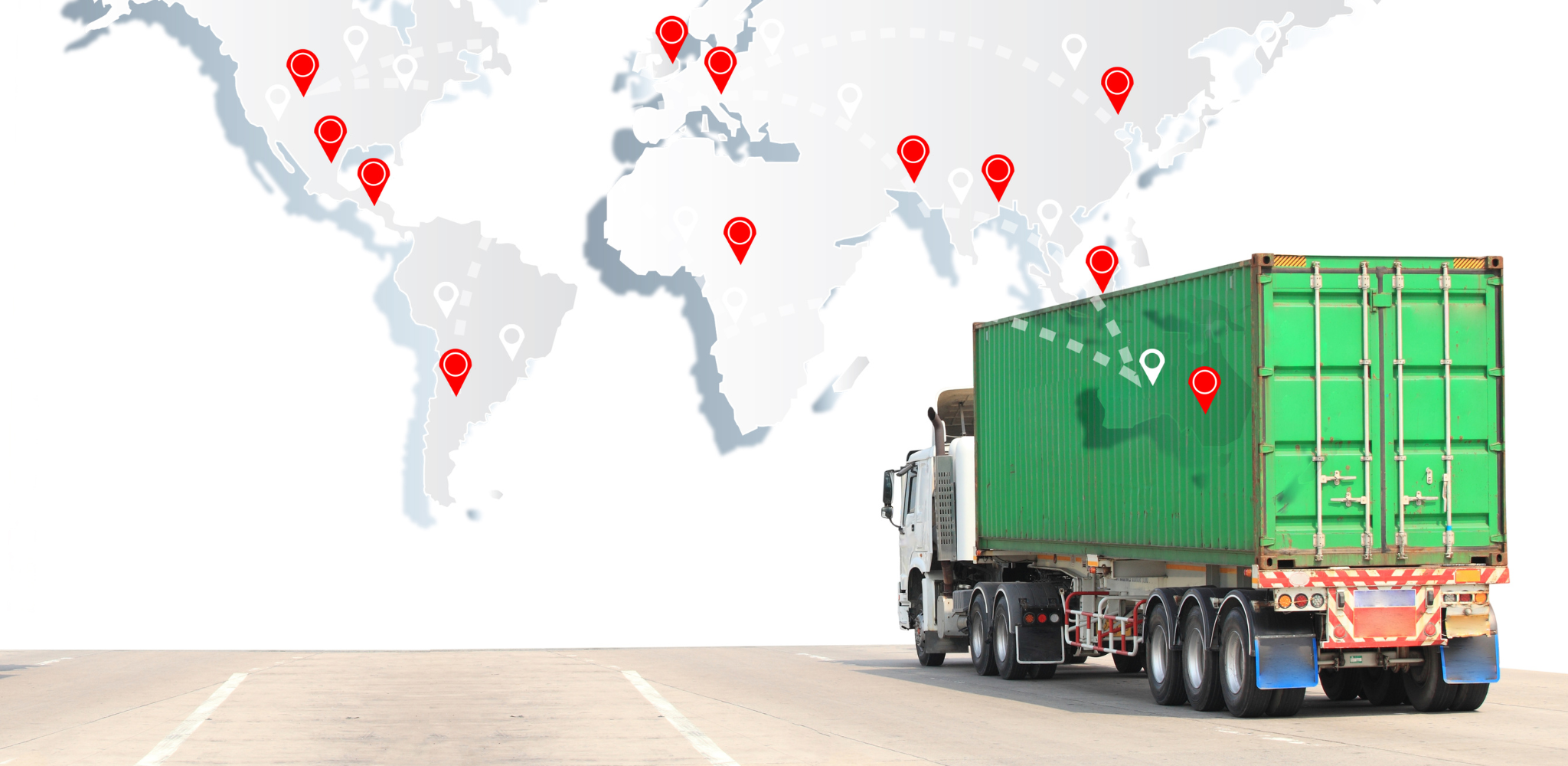

Jebel Ali Port
Jebel Ali is a coastal area in Dubai, United Arab Emirates, that is known for its artificial harbor and its free economic zone. The Jebel Ali Port (Jafza) is the largest port in the Middle East and the ninth-largest in the world, handling more than 15 million TEUs (twenty-foot equivalent units) of cargo every year.









